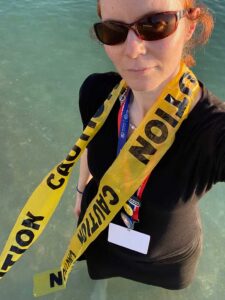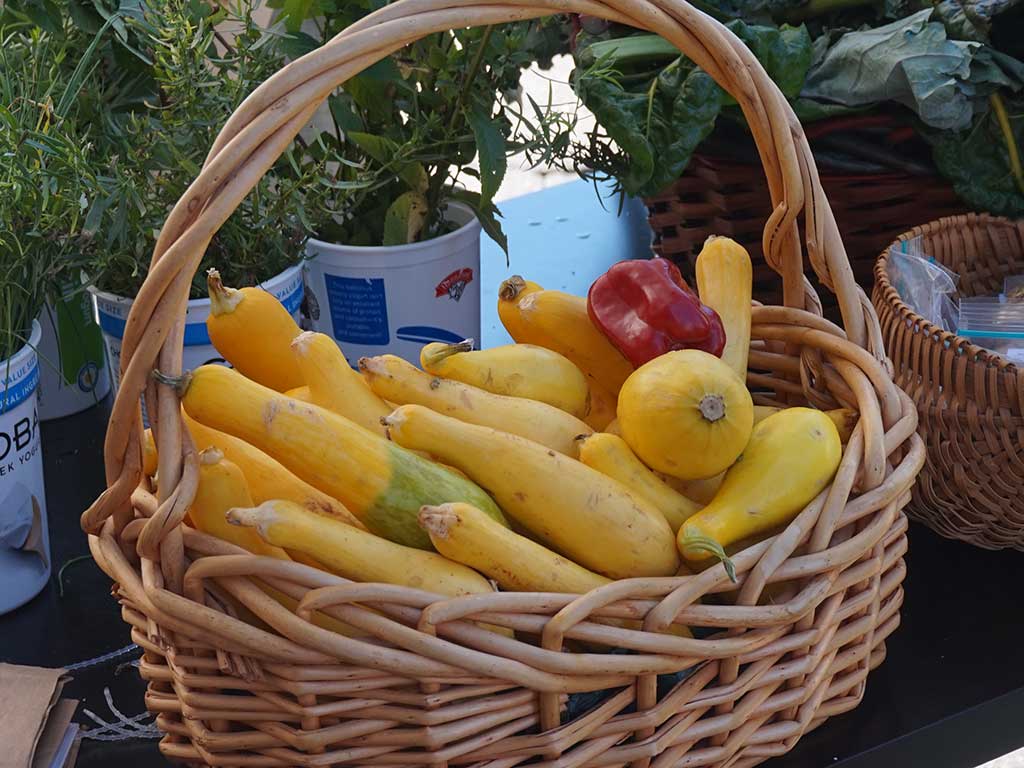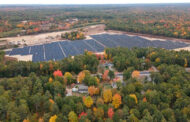WE’RE ALL IN THIS TOGETHER
COP28: Naming the problem is just the start.
By Dr. Susana Hancock

The latest UN climate conference, COP28, ended in Dubai in mid-December and, for the first time, the root cause of the climate crisis made the closing text.
The Al Hairat plenary room erupted in applause when the COP28 president–and ADNOC CEO–announced “transitioning away from fossil fuels.” The global media overwhelmingly called it historic. A success. But was it? For a conference under the tagline of “Unite. Act. Deliver,” did it do that? The decision, without any timelines and full of loopholes that propel petroleum expansion, was gaveled while thirty-nine of the most vulnerable countries were not yet in the room.
As a climate scientist, it felt surreal. Then again, I had never been to any kind of conference that had so many straws or K-Cup pods. Nor had I been to one where I felt like I was somehow caught in perennial reruns of “Are You Smarter than a 5th Grader?”
After COP officially closed, I sat on the train, dazed, confused, numb.
This year, finally with an iota of wisdom that has always exceeded my pace, I scheduled myself time to absorb the outcome and recover from what I knew would be a forthcoming physical and emotional crash. Unlike two years ago, when I left COP on a two-day train ride to the UN headquarters in Geneva, where I had been invited to speak on the power of language in climate conversations.
What COP28 so desperately needed, and what it failed to deliver, were four alliterating words: fossil fuel phase-out.
Phasing out is very different from “transitioning away.” The former requires cessation while the latter is nebulous. In another flashback to elementary school (which eventually led me to serious fascinations in linguistics), words are performative. Words remaining on paper will not keep our world’s average temperature below +1.5°C, but without them, action can’t follow.
The gates to COP29 in the capital of Azerbaijan won’t open until November 11, 2024, but the action and implementation groups are already meeting. The next conference may be in the fertile crescent of the modern oil industry, and COPs have been in the grips of that industry since their conception, but now that we’ve named the problem, it will need to be Bak[u] to the future.

Dr. Susana Hancock is an internationally recognized climate activist and transdisciplinary polar scientist. When not traveling around the world [by train], she spends half the year in mid-coast Maine. She volunteers with Citizens’ Climate Lobby and has founded her own climate organization.





